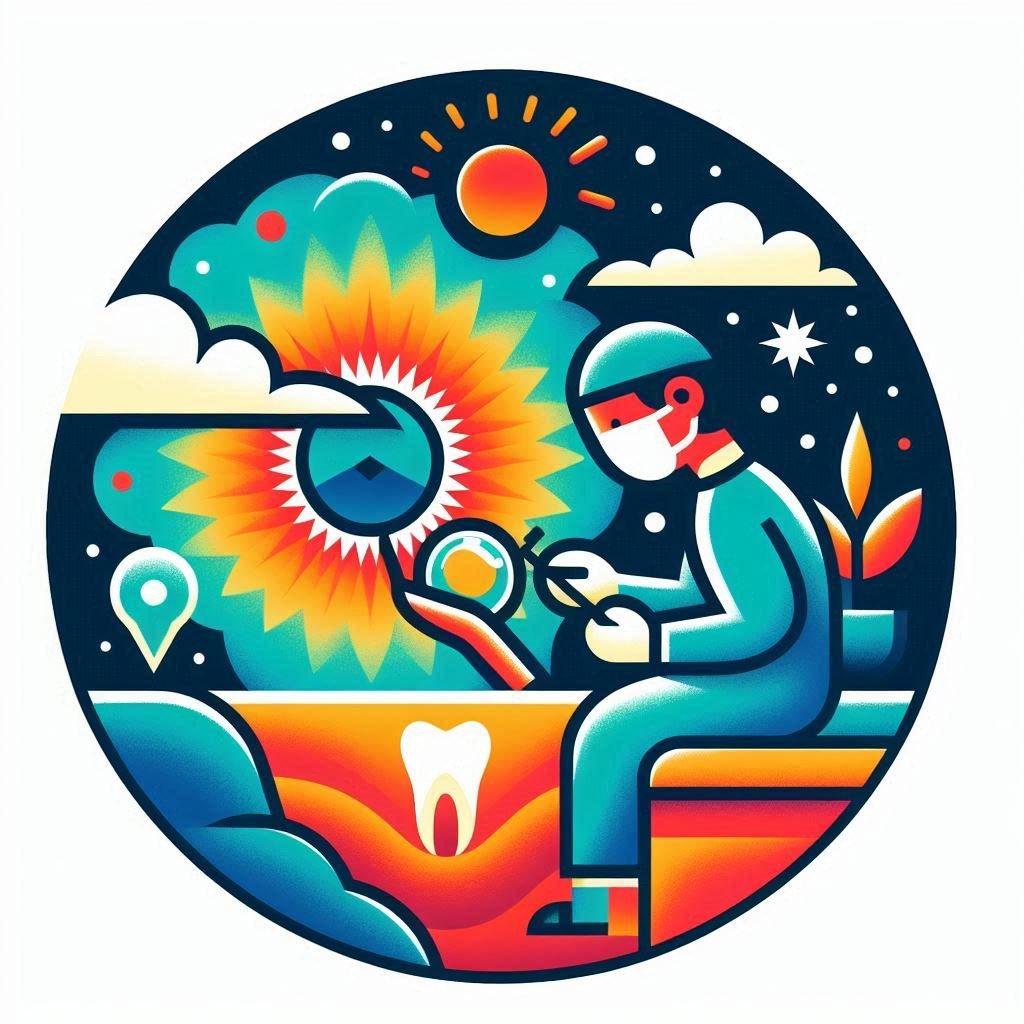Mindfulness
The pace of dental practice can be relentless, and the stress sometimes overwhelming. And we know the impact that this can have on practitioner wellbeing. High levels of stress, burnout and work dissatisfaction and lead to many people losing their passion for dentistry. Think back to the reasons that you decided to become a dental practitioner in the first place – the satisfaction of helping patients improve their health. If dentistry is wearing you down, how do you find a way to reconnect to that passion?
What is Mindfulness?
"Paying attention, on purpose, in the present moment, nonjudgmentally.” -Dr. Jon Kabat-Zinn
Mindfulness is described as the practice of paying attention and being present in what you are doing. It sounds simple in theory, but can be challenging in practice. As you are reading this your mind is probably already wandering – perhaps thinking about what to have for lunch, or what you need to do for your first patient of the day, or your weekend plans. It’s just the way that our brains are wired to operate. It’s a little bit like an internet browser with multiple tabs open, and we flick from page to page. Mindfulness is closing all of those tabs down and focusing on what is happening in the present, without allowing your mind to meander on to other thoughts.
Some people think that mindfulness = meditation, but mindfulness is much more than that. Meditation is certainly one mindful practice that you could consider, but mindfulness is about what you do across the whole day, rather than at a point in time. There is also a perception that mindfulness is about stopping all of your thoughts – having a completely clear mind. Rather, mindfulness is about noticing those thoughts, and sitting with them, but not letting them run amok. It’s important to learn how to sit with difficult or unpleasant thoughts and emotions and explore how that makes us feel and react. The benefit is that it allows you to be more thoughtful and calmer in responding to stressful situations.
Why is mindfulness important for clinical practice?
Studies on attentiveness show that people tend to be only briefly and unpredictably attentive, with attention frequently diverting to unrelated thoughts and feelings. As a consequence we are often operating on auto-pilot. This mindlessness contributes to failures in task performance, which is obviously critical for dental practitioners. New and emerging technologies and social media seem to have exacerbated this issue with attention and focus.
Mindfulness can help you to be present with your patients and more attuned to the clinical procedures you are performing, reducing the risk of clinical errors and improving work satisfaction. Some of the benefits include:
Focus: Mindfulness can help to improve focus during complex treatment procedures.
Calm demeanour: Mindfulness can help project a sense of calmness which is important for patient rapport.
Empathy: Mindfulness creates empathy and compassion which are critical skills for health practitioners.
Reduced stress: Mindfulness can improve resilience and reduce stress.
Growth mindset: Mindfulness can allow you to see mistakes as an opportunity to learn and grow.
Time management: Mindfulness can not only help improve performance, but also allow you to better organise your thoughts and priorities.
How mindful are you?
Researchers use a 15-item questionnaire to assess mindfulness called the Mindful Attention Awareness Score (MAAS). Use the questionnaire to check – higher scores indicate a greater ability to be mindful. Lower scores might suggest an opportunity to work on developing some mindfulness practices.
There is a lot of good evidence to support mindfulness, and it is an approach that is used by Olympic athletes, healthcare practitioners and CEOs to enhance wellbeing and improve performance.
Mindfulness is not a quick fix to stress or burnout. It takes practice and training – in some ways it’s no different to training to improve your physical health. You won’t see benefits overnight, but they will accrue over time as the practice becomes easier.

